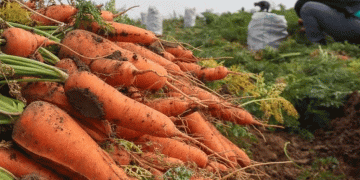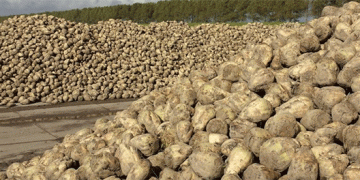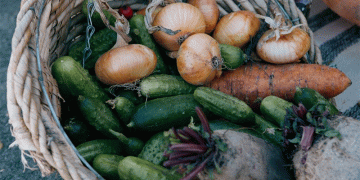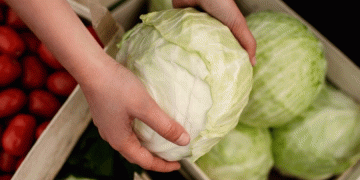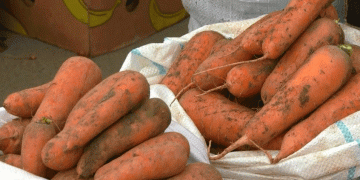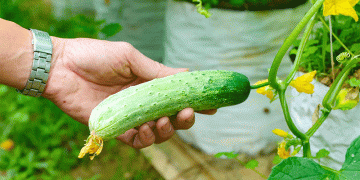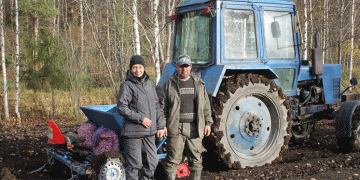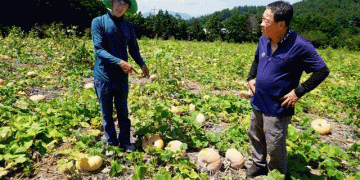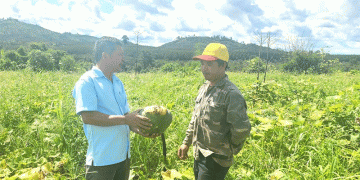Spring in North America is just around the corner which means trial goals being set, Dealer sample requests being fulfilled, and growers across the land cracking open the potting shed. These months are exciting as the agriculture community collectively looks forward to identifying best new varieties and muses about what weather the season will bring.
That excitement is tempered, or at least balanced, with a tremendous amount of planning. This time of year, every salesperson is eagle-eyed in spotting the best suggestions or near misses for these trials. Finding out about a new variety halfway through the growing season or that a variety has been dropped midway through trialing it, without a replacement also in trials, is an unavoidable but nonetheless pity of a situation. Hours go into reviewing trial requests, plugging holes, and making savvy recommendations.
Expanding the market together
Some of these requests are easier to fulfill than others. As the availability of organics is still relatively shallow and room for new and better varieties is deep, most of us- breeders, dealers, universities, growers- have vaguely similar crop priorities for instance brassicas with black rot tolerance, quality hybrid beets, and high flavor carrots with strong field performance. But the unique thing about the organic vegetable sector is that no one company can achieve these goals, from genome to harvest, alone. It takes cooperation, integration, and legislation at all levels of the value chain to continue market expansion.
In the North America semi-professional business, we are harnessing the strength of expanding the organic market together with industry while wielding the power of acumen that is singularly Bejo. We are finding that working with dealers to proactively trial and create an organic wish list of future items is bringing a myriad of benefits. At Bejo we are already used to working professionally and open minded with various related parties in the market, and now we are going even further to deepen important relationships.
Healthy competition
Dealer-partners are working with Bejo Seeds Inc. to identify assortment holes in the organic community, trialing conventional material, and then putting in requests for high performing conventional varieties to be produced as new organic ones. This is leading to early buy-in on the variety, willingness to market assertively, and has even led to dynamic conversations on acceptability of cost and germination- topics that were previously relegated to times of yield or quality crisis. The Dealers win too because they then have foresight for varietal changes and additions while also being rewarded with an assortment that fits their needs and ultimately makes for happy returning customers. They willingly work years ahead on developing a new organic request knowing others will have the same access and timing to anything that comes through the pipeline, even understanding that we need buy-in from multiple competing companies to get forecasts interesting enough for production. This model works because each company is confident they will be able to set themselves apart at market despite varietal overlaps in their offerings and welcome healthy competition by assisting in developing the assortment together.
Supporting university trials
Some scenarios are not as directly beneficial as that of above. A major movement in University breeding is the open source platform which pledges genetics for public use, like the OSSI- Open Sourced Seed Initiative- model which thereby puts focus on open pollinated varieties. Since Bejo is a market leader in many organic crops we are constantly participating in sampling varieties, mostly hybrids as our program is, to support University trials as controls. Bejo has the accolades for setting the benchmark, but does this also put a target on us as the ones to beat? Sure. But it also exposes Bejo varieties to the wonderful network of fledgling University breeders and organic growers that the education system so beautifully cultivates; and as a colleague once said, “If the market goes towards OP hobby breeder varieties then we’re not doing so great.” Joking aside Bejo continues to set a rigorous pace of quality hybrid varieties for the professional, semi-professional, and home grower markets while enjoying the healthy competition that both pushes us forward and increases seed availability of organic varieties.
As we crest from winter into spring and the first organic seeds unfurl in trials we continue to partner with the many faces of the organic community while also keeping focus to cultivate and manage the dynamic customer mix unique to our own company.
By working together, we can stand apart.















